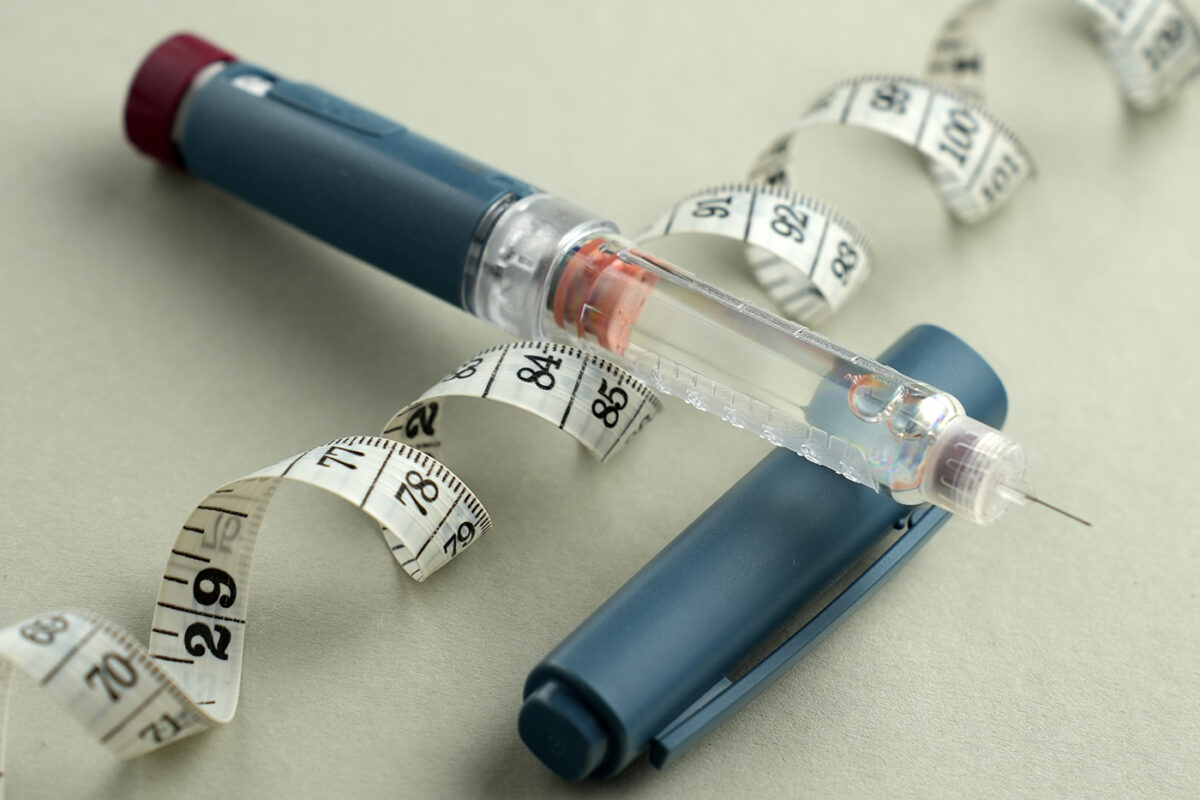
States seeking to bolster and improve access to mobile crisis intervention services for Medicaid enrollees can receive an 85% enhanced funding match under the American Rescue Plan Act.
The American Rescue Plan Act (ARP), signed into law on March 11, gives states the option to cover qualifying community-based mobile crisis intervention services for Medicaid enrollees for a five-year period starting in April 2022. For the first three years, states can receive an 85% enhanced funding match for Medicaid enrollees. States like Arkansas that have expanded Medicaid under the Affordable Care Act can continue to receive a 90% funding match for services provided to the Medicaid expansion population.
The ARP also makes available $15 million in planning grants to be awarded to states as soon as practical to develop state plan amendments or waiver requests, such as Section 1115, 1915(b), or 1915(c).
The state option provides Arkansas with an opportunity to build on recent efforts to move away from the practice of incarcerating people with mental illnesses. Crisis stabilization units (CSUs) have been established in four Arkansas counties: Sebastian, Pulaski, Washington, and Craighead.
Instead of being taken to jail or a hospital, an individual experiencing acute mental health issues can be transported to a 24-hour, 16-bed CSU to receive stabilizing treatment from a team of mental health professionals.
In a 2019 assessment using data from the Arkansas Healthcare Transparency Initiative, ACHI found that 66% of jailed individuals in Sebastian County and 60% of jailed individuals in Pulaski County had coverage through traditional Medicaid or Arkansas Works. Thirty-one percent of jailed individuals in Sebastian and Pulaski counties had a diagnosis of a serious and persistent mental illness (SPMI). Jailed individuals with an SPMI diagnosis in both counties were roughly twice as likely to have visited the emergency department (ED) at least once during the study period as their counterparts without SPMI diagnoses.
In a 2020 assessment, ACHI found an overall decrease in jail involvement after patients were treated at the Sebastian County CSU. In addition, the total number of days that the patients spent in jail dropped by 27.5% after CSU intervention. The majority of patients had coverage through traditional Medicaid (70.6%) or Arkansas Works (15.7%). Read more about our research in a Healthcare Journal of Arkansas column by ACHI President and CEO Dr. Joe Thompson and in our 2020 report.
Recognizing the value of the CSUs, the Arkansas General Assembly enacted Act 989 of 2021, which increases the amount of time individuals may stay at a CSU from 72 hours to 96 hours and allows individuals to stay longer on a voluntary basis. The act also requires individuals to be provided with a follow-up treatment plan at discharge.
Mobile crisis intervention services are an attractive option for Arkansas as a complement to CSUs. The CSUs that are in operation serve areas broader than the counties in which they sit, but there remain gaps in services throughout South and North Central Arkansas. Mobile crisis intervention services could fill that gap. Given the high percentage of Medicaid patients currently being served by existing CSUs, Medicaid enrollees in more rural areas of the state would benefit from mobile crisis intervention services where a brick-and-mortar CSU might not have the volume to be sustainable.






